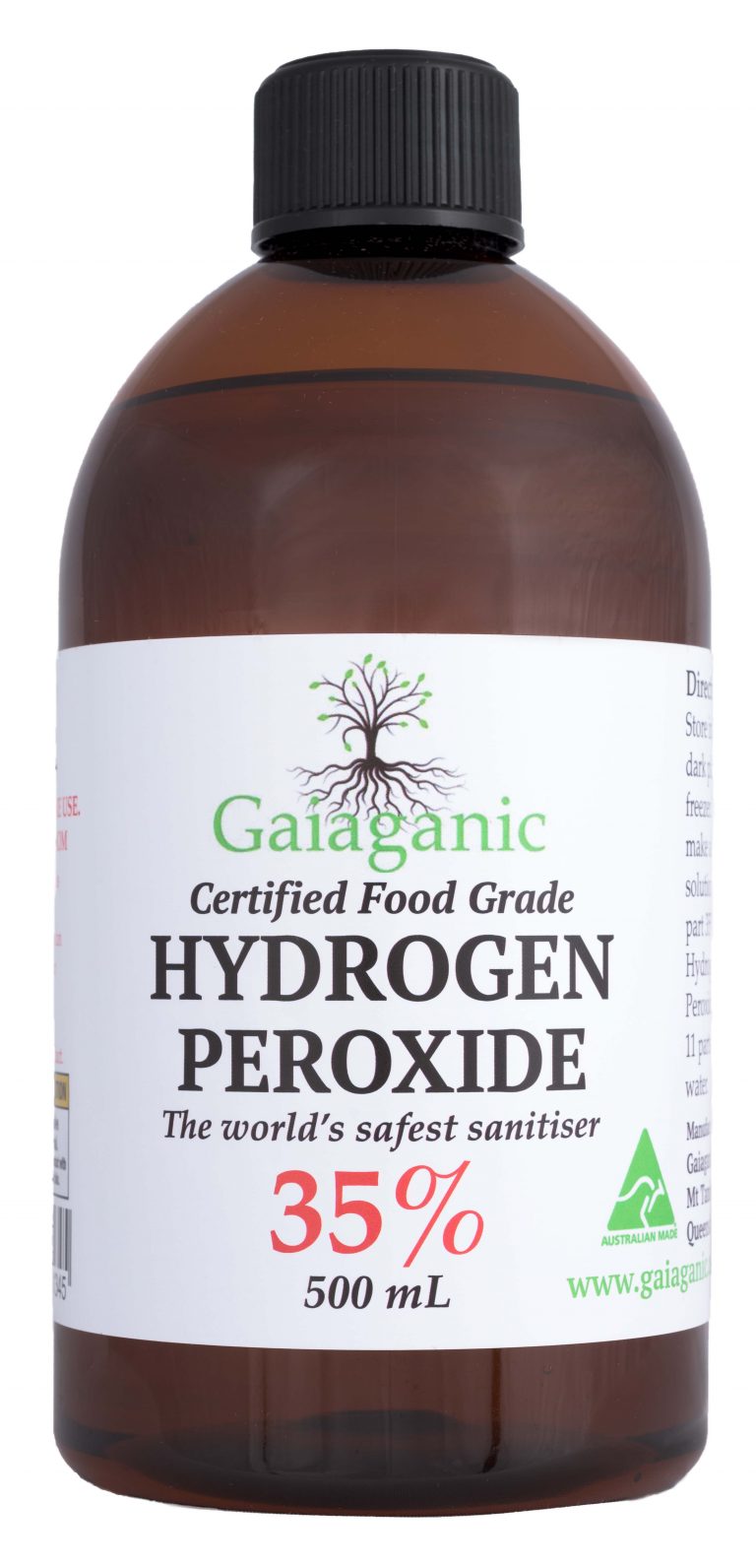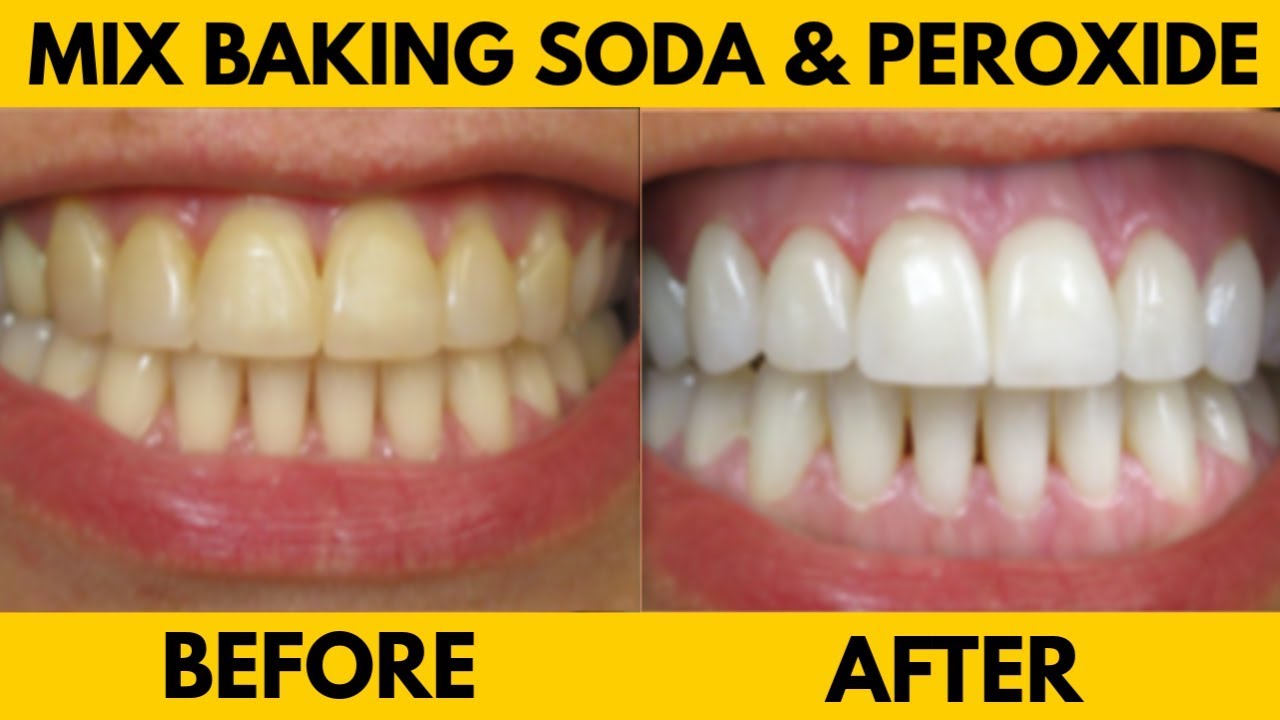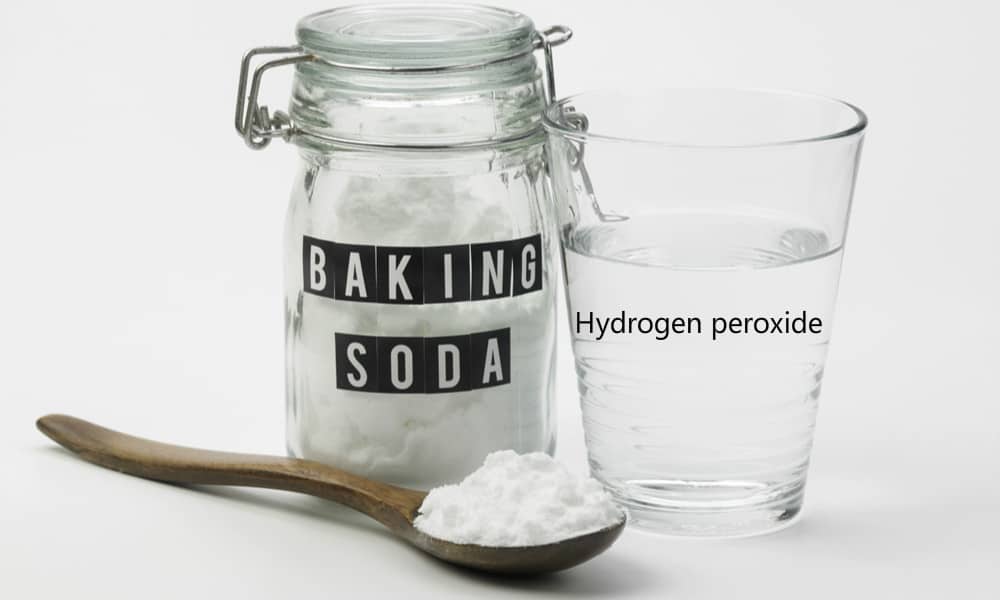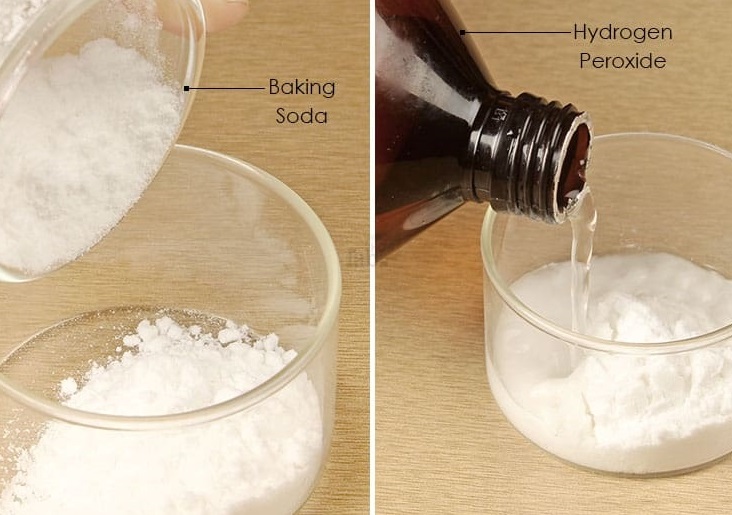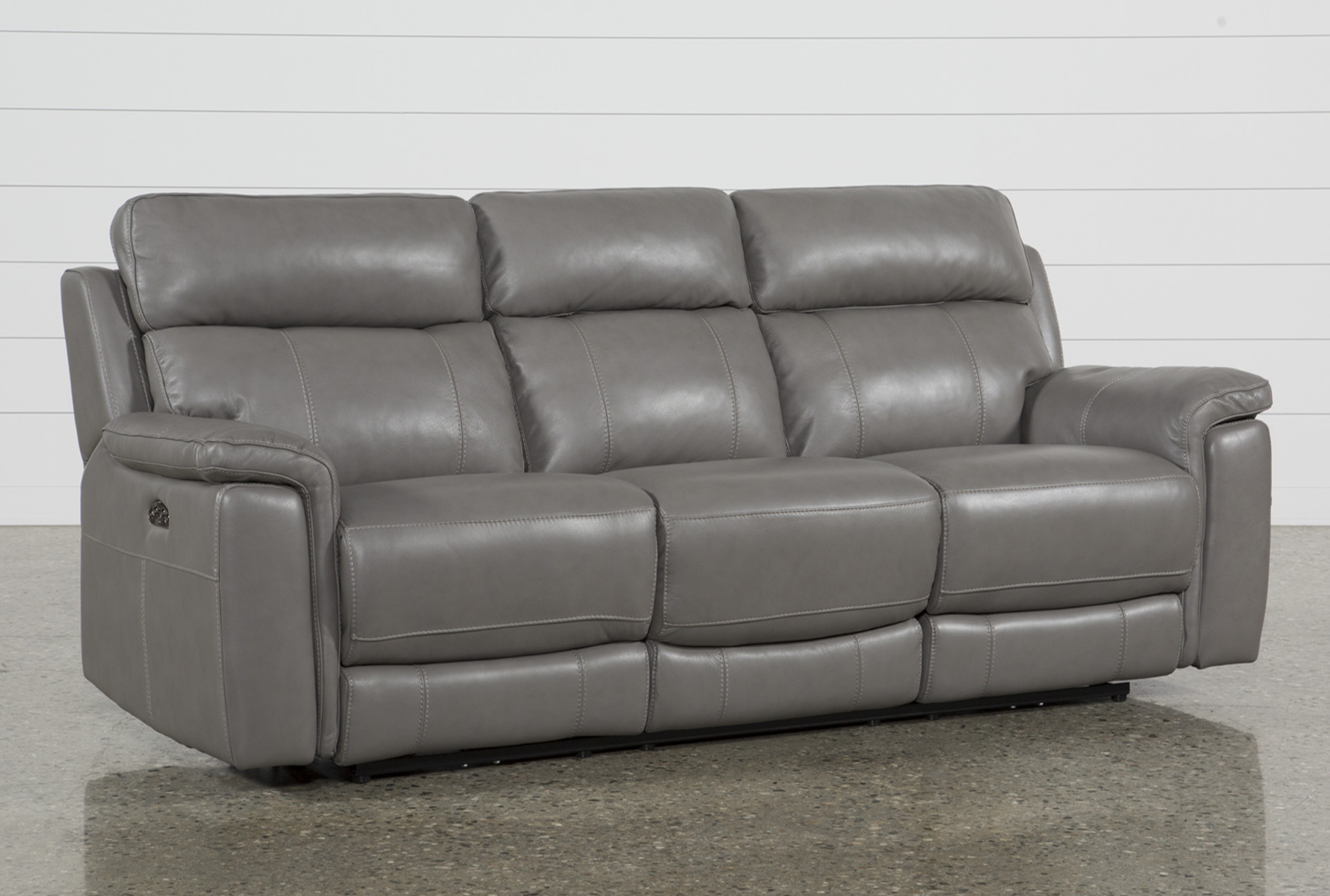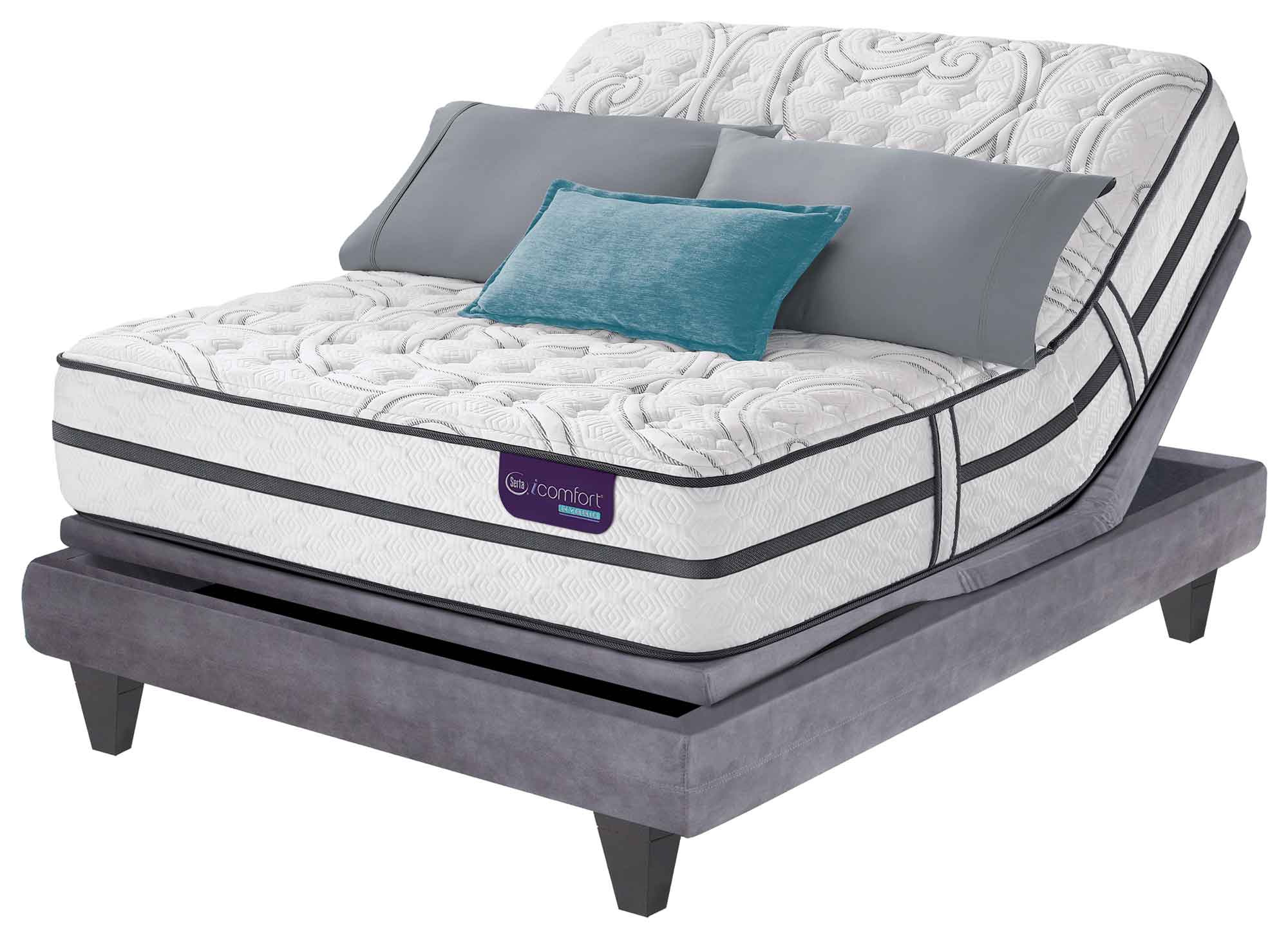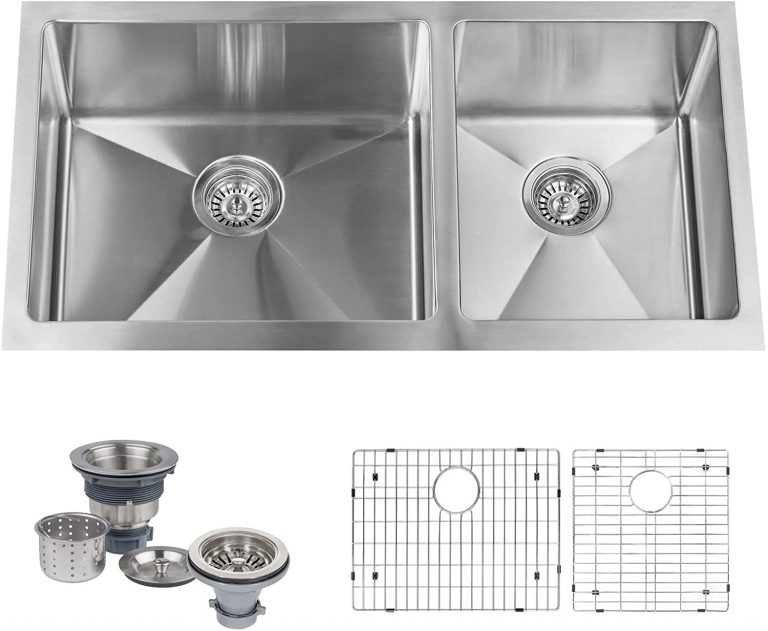One of the most popular and effective home remedies for unclogging a kitchen sink is the combination of baking soda and vinegar. This dynamic duo is not only affordable and easily available in most households, but it also works wonders in breaking down any clogs in your sink. To use this method, start by pouring a pot of hot water down the drain to loosen up any debris. Then, mix equal parts of baking soda and vinegar and pour it down the drain. The mixture will begin to fizz and bubble, working its way through the clog. After about 10 minutes, pour another pot of hot water down the drain to flush out the clog completely. This remedy is not only effective in unclogging your kitchen sink, but it also helps to eliminate any unpleasant odors that may be lingering in your drain. Plus, it is a natural and chemical-free alternative to harsh drain cleaners, making it safe for both you and the environment.1. Baking Soda and Vinegar
If you're looking for a quick and easy way to unclog your kitchen sink, boiling water may be the solution for you. This simple method works best for clogs caused by grease or food particles that have accumulated in the pipes. To use this method, simply bring a pot of water to a boil and carefully pour it down the drain. The hot water will help to dissolve and wash away any greasy buildup, allowing the water to flow freely through your pipes once again. For tougher clogs, you may need to repeat this process a few times to fully clear the blockage. One thing to keep in mind when using this method is that it may not be suitable for older or more fragile pipes, as the hot water can cause damage. It is always best to err on the side of caution and consult a professional if you are unsure.2. Boiling Water
Another simple and effective remedy for unclogging a kitchen sink is using a combination of salt and hot water. Similar to the boiling water method, this remedy works best for clogs caused by grease or food particles. To use this method, pour a half cup of salt down the drain, followed by a pot of hot water. Let it sit for a few minutes, then run hot water down the drain to flush out the clog. The abrasive texture of the salt helps to break down the clog, while the hot water helps to wash it away. This remedy is not as harsh as using chemical drain cleaners and is safe for most types of pipes. However, it may not be as effective for tougher clogs caused by hair or other materials.3. Salt and Hot Water
A plunger is a classic tool for unclogging drains and can work wonders for a clogged kitchen sink. This method is best for clogs caused by materials such as food particles or hair. To use this method, start by filling the sink with enough water to cover the rubber part of the plunger. Then, place the plunger over the drain and push down firmly, creating a seal. Begin plunging up and down vigorously, being careful not to break the seal. The suction created by the plunging motion will help to dislodge the clog and allow water to flow freely through the drain. If the plunger doesn't work on the first try, try repeating the process a few times. You may also need to add some hot water to the sink to help loosen the clog.4. Plunger
Believe it or not, dish soap can be a great tool for unclogging a kitchen sink. This method is best for clogs caused by grease or food particles. To use this method, squirt a generous amount of dish soap down the drain, followed by a pot of hot water. The soap will act as a lubricant, helping to break down any greasy buildup and allowing the hot water to flush it out. You may need to repeat this process a few times for tougher clogs, but it is a simple and affordable solution that can be found in most households.5. Dish Soap and Hot Water
If you have a stubborn clog in your kitchen sink, a wire hanger can come in handy. This method is best for clogs caused by hair or other materials. To use this method, straighten out a wire hanger and bend one end into a small hook. Then, insert the hook into the drain and use it to pull out any hair or debris that may be caught in the pipes. Be sure to wear gloves and use caution when handling the hanger. This method may not be suitable for all types of clogs, but it can be effective in removing larger obstructions that may be causing the blockage.6. Wire Hanger
If you have a wet and dry vacuum at home, you can use it to unclog your kitchen sink. This method is best for clogs caused by materials such as food particles or hair. To use this method, set the vacuum to the wet setting and place it over the drain. Make sure to create a tight seal by covering any gaps with a cloth or towel. Then, turn on the vacuum and let it run for a few minutes. The suction created by the vacuum can help to dislodge the clog and allow water to flow freely through the drain. Be sure to clean and dry your vacuum thoroughly after using it for this purpose.7. Wet and Dry Vacuum
If you're dealing with a tough clog in your kitchen sink, caustic soda can be a powerful solution. This method is best for clogs caused by grease or food particles. To use this method, mix 3 cups of caustic soda with 3/4 cup of water in a bucket. Then, pour the mixture down the drain and let it sit for about 20 minutes. The caustic soda will help to break down the clog, allowing hot water to flush it out. Caustic soda can be dangerous, so make sure to wear protective gear and follow the instructions carefully. It is also important to note that this method may not be suitable for all types of pipes and should be used with caution.8. Caustic Soda
If you prefer a more natural and gentle approach to unclogging your kitchen sink, an enzyme drain cleaner may be the solution for you. This method is best for clogs caused by organic materials, such as food particles or grease. To use this method, simply pour the recommended amount of enzyme drain cleaner down the drain and let it sit for the recommended amount of time. The enzymes will work to break down the clog naturally, without the use of harsh chemicals. While this method may take longer to work, it is a safer and more environmentally friendly option for unclogging your kitchen sink.9. Enzyme Drain Cleaner
For a powerful and effective solution for unclogging a kitchen sink, try using a combination of hydrogen peroxide and baking soda. This method is best for clogs caused by food particles or grease. To use this method, mix 1 cup of hydrogen peroxide with 1/4 cup of baking soda in a bowl. Then, pour the mixture down the drain and let it sit for about an hour. The chemical reaction between the two ingredients will work to break down the clog, allowing hot water to flush it out. Be sure to wear gloves and use caution when handling hydrogen peroxide, as it can cause skin irritation. By using these top 10 home remedies, you can easily unclog your kitchen sink without having to resort to harsh chemical drain cleaners. Remember to always use caution and consult a professional if the clog persists or if you are unsure about using any of these methods on your specific type of pipes. With a little bit of effort and the right tools, you can have a clear and functioning kitchen sink in no time. 10. Hydrogen Peroxide and Baking Soda
Why Choose a Home Remedy to Unclog a Kitchen Sink?

Save Money and Time
 When faced with a clogged kitchen sink, many people's first instinct is to call a plumber. While this may seem like the quickest and easiest solution, it can also be quite expensive. Not to mention, scheduling an appointment and waiting for a plumber to arrive can take up precious time. By using a
home remedy
to unclog your kitchen sink, you can save both money and time. Most of the ingredients needed for these remedies can be found in your own pantry, making it a convenient and cost-effective solution.
When faced with a clogged kitchen sink, many people's first instinct is to call a plumber. While this may seem like the quickest and easiest solution, it can also be quite expensive. Not to mention, scheduling an appointment and waiting for a plumber to arrive can take up precious time. By using a
home remedy
to unclog your kitchen sink, you can save both money and time. Most of the ingredients needed for these remedies can be found in your own pantry, making it a convenient and cost-effective solution.
Avoid Harsh Chemicals
 Another benefit of using a
home remedy
to unclog your kitchen sink is that you can avoid using harsh chemicals. Many store-bought drain cleaners contain strong chemicals that can be harmful to both you and the environment. These chemicals can also damage your pipes if not used properly. On the other hand,
home remedies
often use natural ingredients that are gentle yet effective in breaking down clogs. This not only benefits your health and the environment, but also prolongs the life of your pipes.
Another benefit of using a
home remedy
to unclog your kitchen sink is that you can avoid using harsh chemicals. Many store-bought drain cleaners contain strong chemicals that can be harmful to both you and the environment. These chemicals can also damage your pipes if not used properly. On the other hand,
home remedies
often use natural ingredients that are gentle yet effective in breaking down clogs. This not only benefits your health and the environment, but also prolongs the life of your pipes.
Easy and Accessible
 One of the main advantages of using a
home remedy
to unclog your kitchen sink is that it is easy and accessible for everyone. You don't need any special skills or tools, and most of the ingredients can be found in your kitchen. This makes it a convenient solution for those unexpected clogs that happen at the most inconvenient times. Plus, with the help of the internet, you can easily find a
home remedy
that suits your specific type of clog and the materials you have on hand.
One of the main advantages of using a
home remedy
to unclog your kitchen sink is that it is easy and accessible for everyone. You don't need any special skills or tools, and most of the ingredients can be found in your kitchen. This makes it a convenient solution for those unexpected clogs that happen at the most inconvenient times. Plus, with the help of the internet, you can easily find a
home remedy
that suits your specific type of clog and the materials you have on hand.
Effective Results
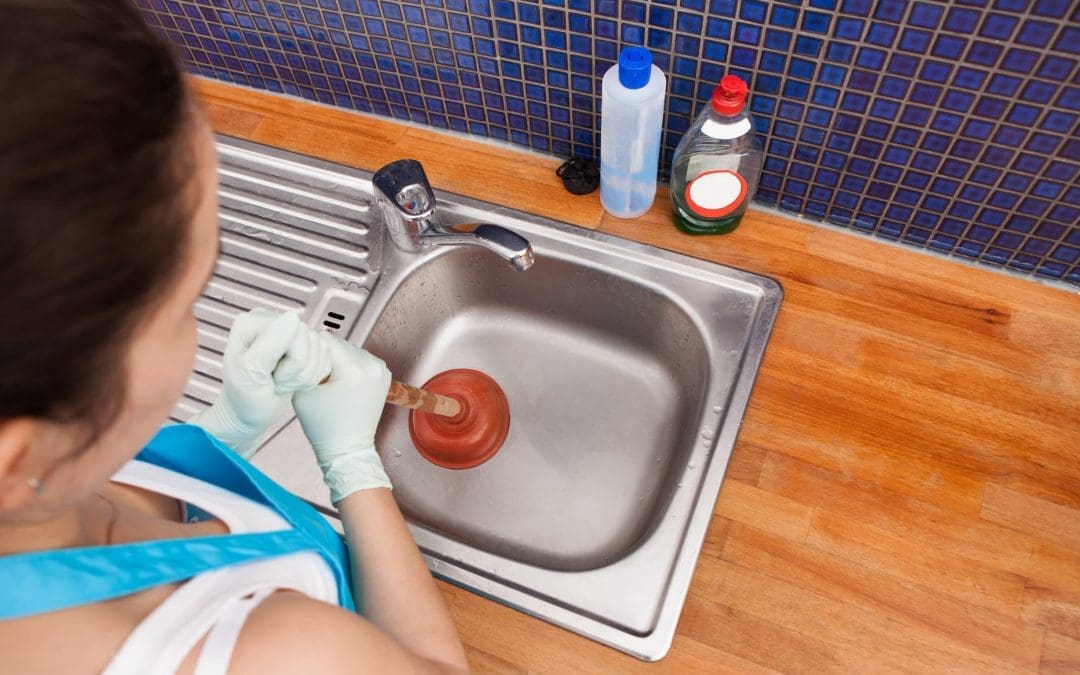 Don't let the fact that these remedies are homemade fool you - they can be just as effective, if not more, than store-bought drain cleaners. Many
home remedies
use a combination of ingredients that work together to break down and dissolve the clog. Some even use the power of chemical reactions to create a foaming effect that can dislodge stubborn clogs. And since these remedies use natural ingredients, they are less likely to cause any damage to your pipes.
In conclusion, using a
home remedy
to unclog your kitchen sink is a smart and practical choice. Not only does it save you money and time, but it also avoids the use of harsh chemicals and is easy and accessible for everyone. So next time you're faced with a clogged sink, consider trying a
home remedy
before reaching for the phone to call a plumber. Your wallet, health, and pipes will thank you.
Don't let the fact that these remedies are homemade fool you - they can be just as effective, if not more, than store-bought drain cleaners. Many
home remedies
use a combination of ingredients that work together to break down and dissolve the clog. Some even use the power of chemical reactions to create a foaming effect that can dislodge stubborn clogs. And since these remedies use natural ingredients, they are less likely to cause any damage to your pipes.
In conclusion, using a
home remedy
to unclog your kitchen sink is a smart and practical choice. Not only does it save you money and time, but it also avoids the use of harsh chemicals and is easy and accessible for everyone. So next time you're faced with a clogged sink, consider trying a
home remedy
before reaching for the phone to call a plumber. Your wallet, health, and pipes will thank you.




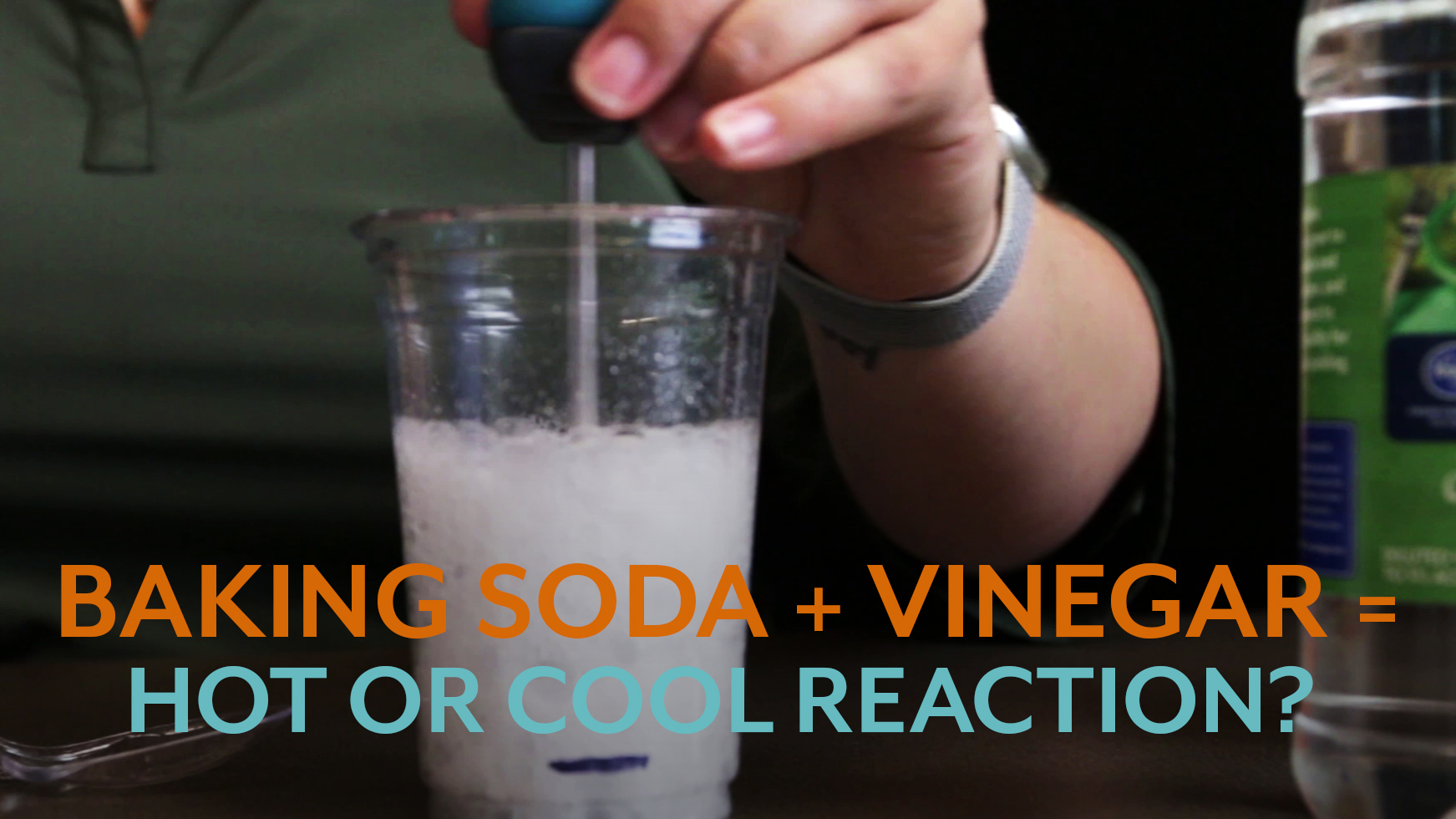


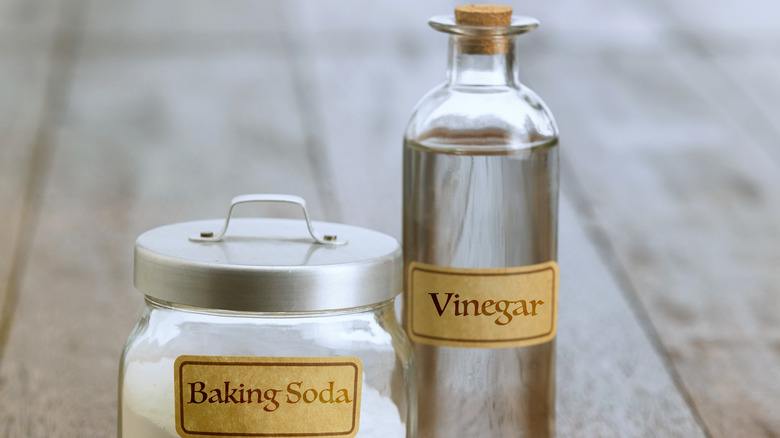
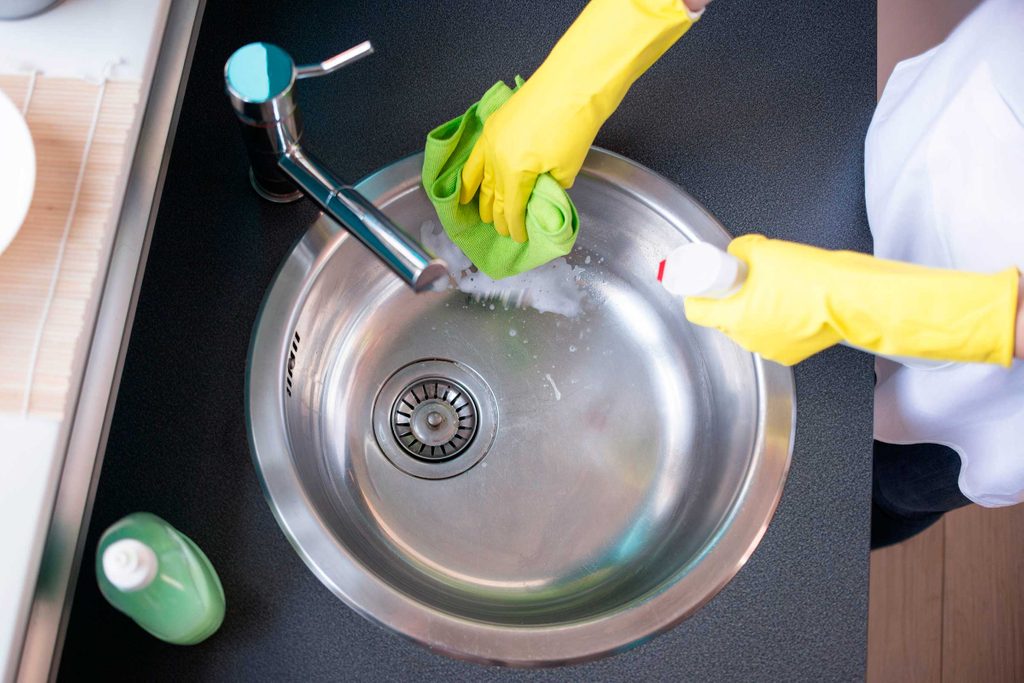


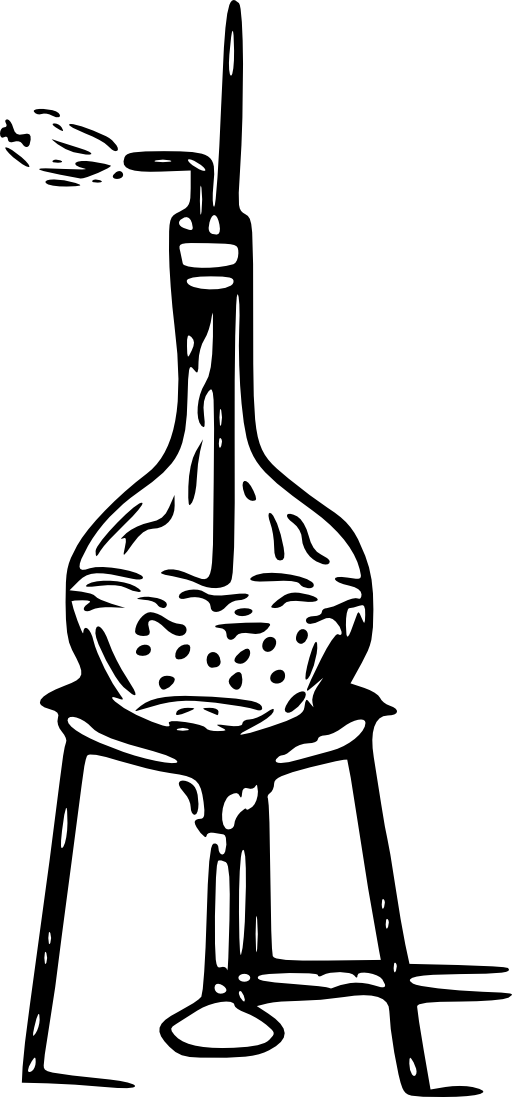

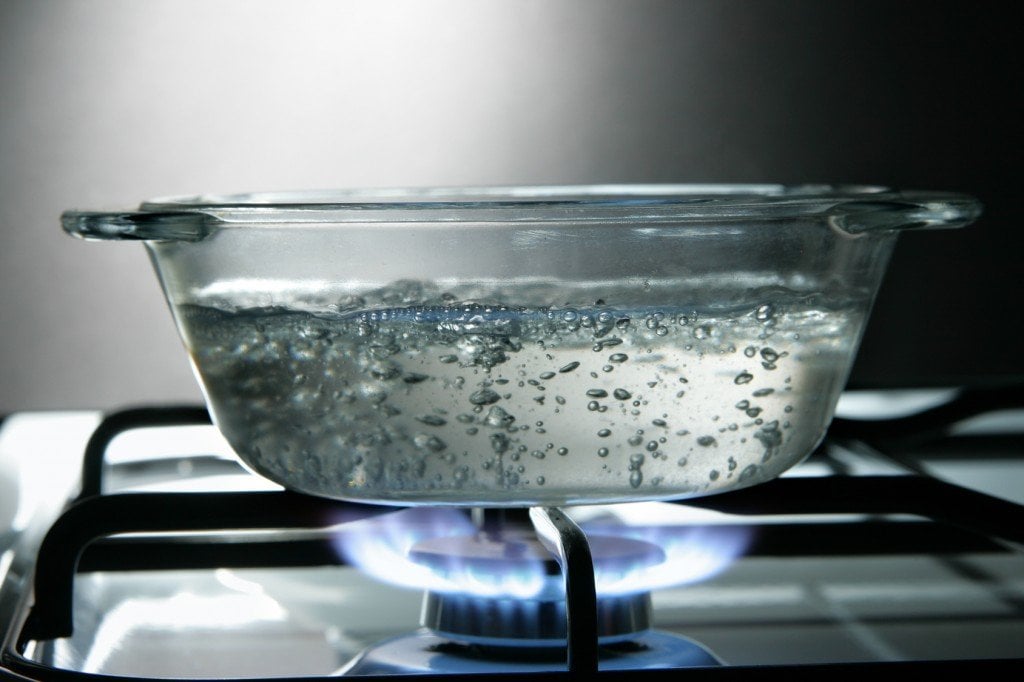

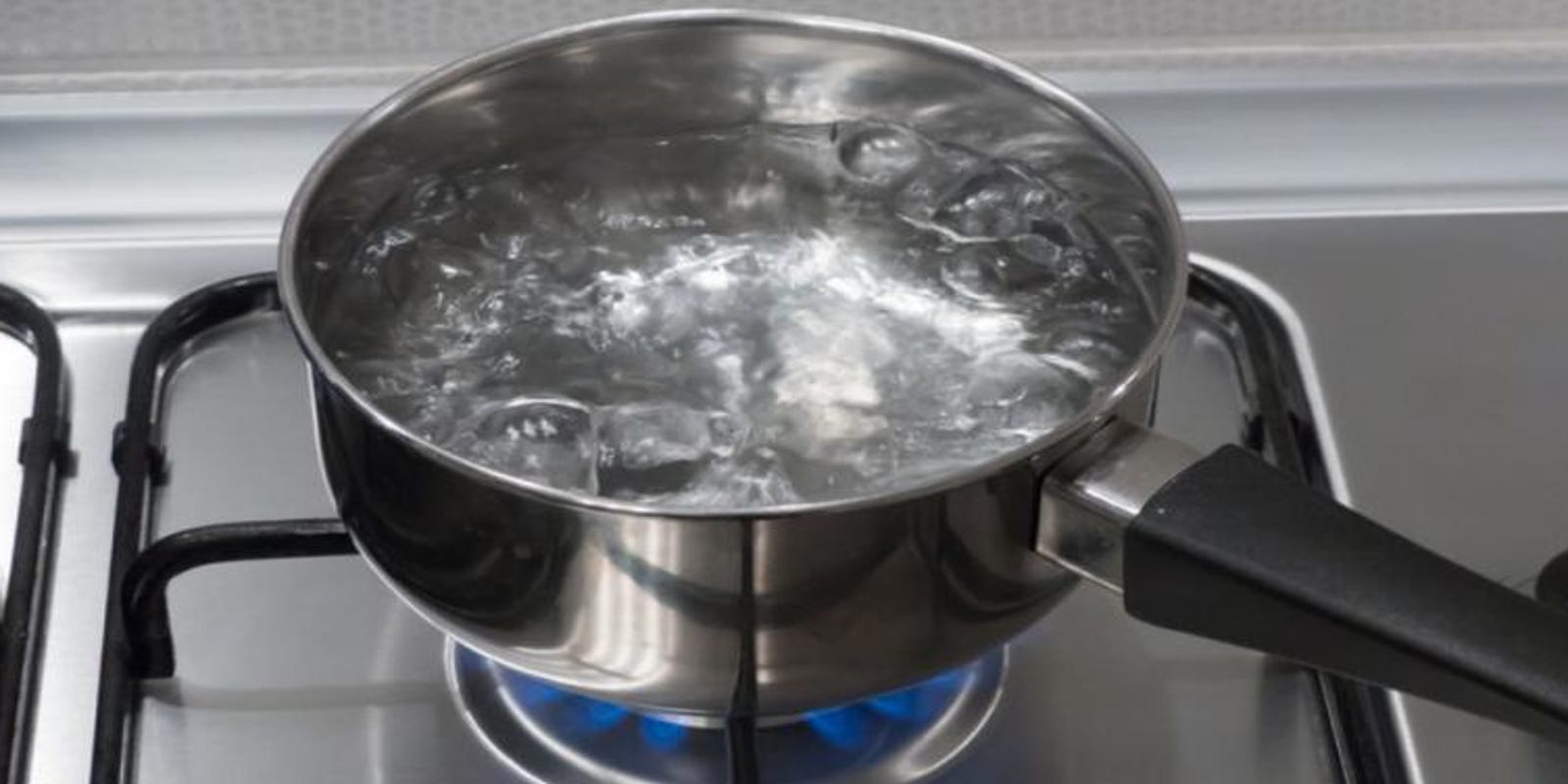

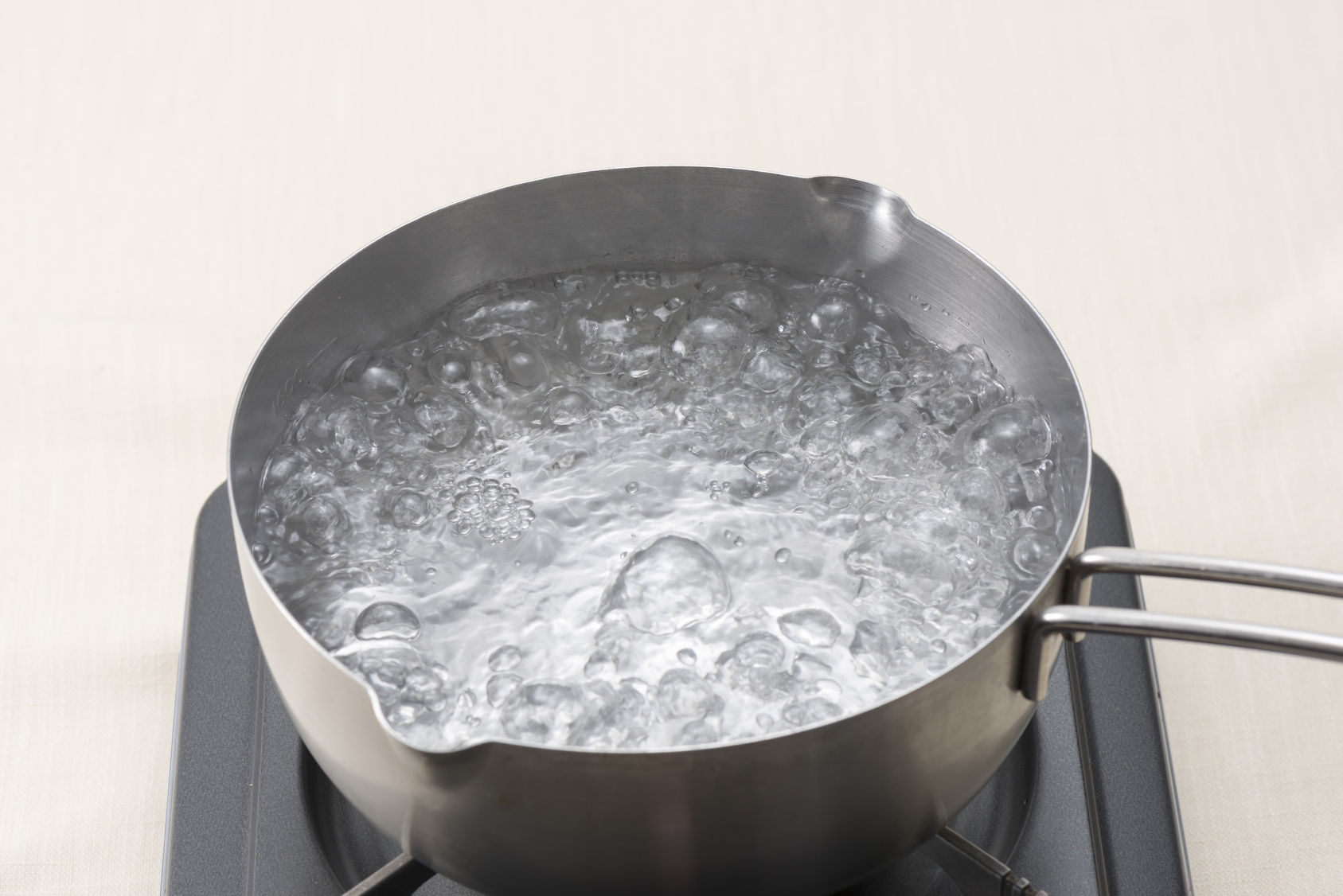
/boiling-water-on-gas-stove-143735234-5790aeb35f9b584d2005e949.jpg)
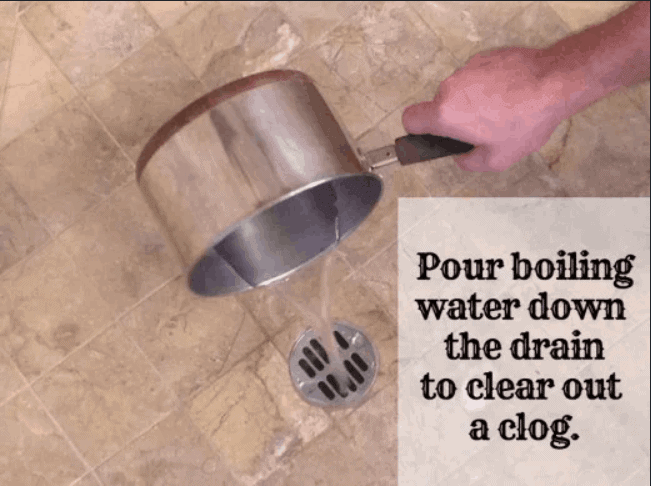
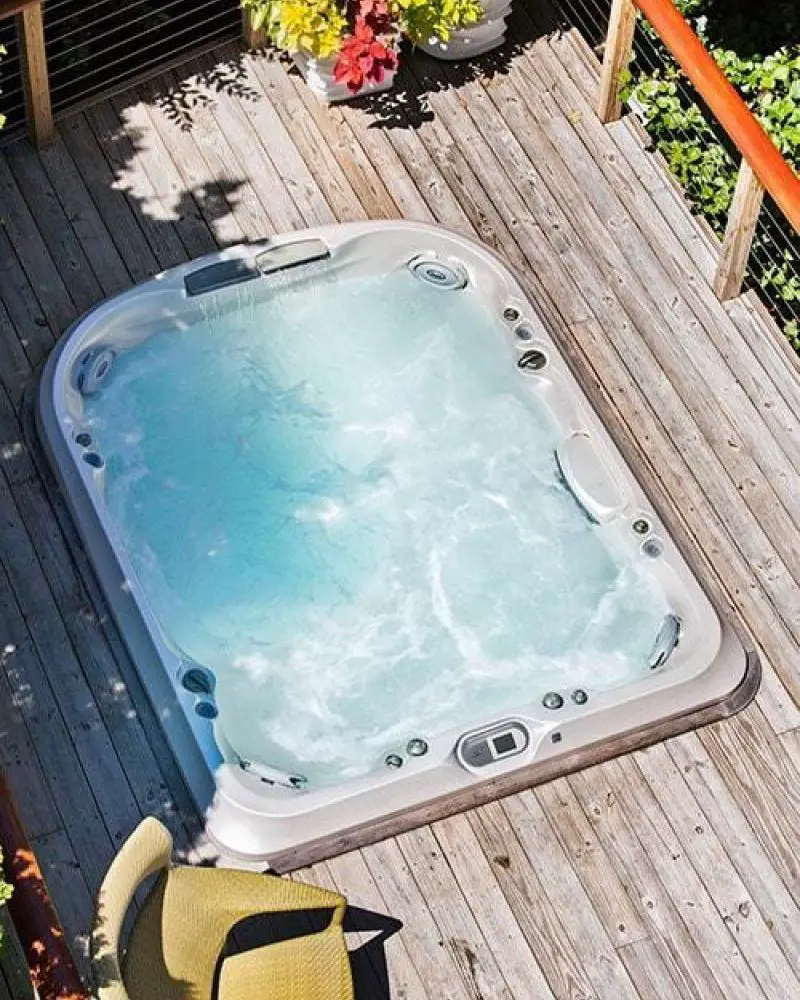


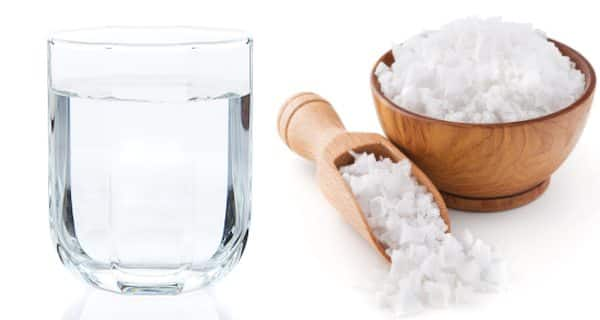








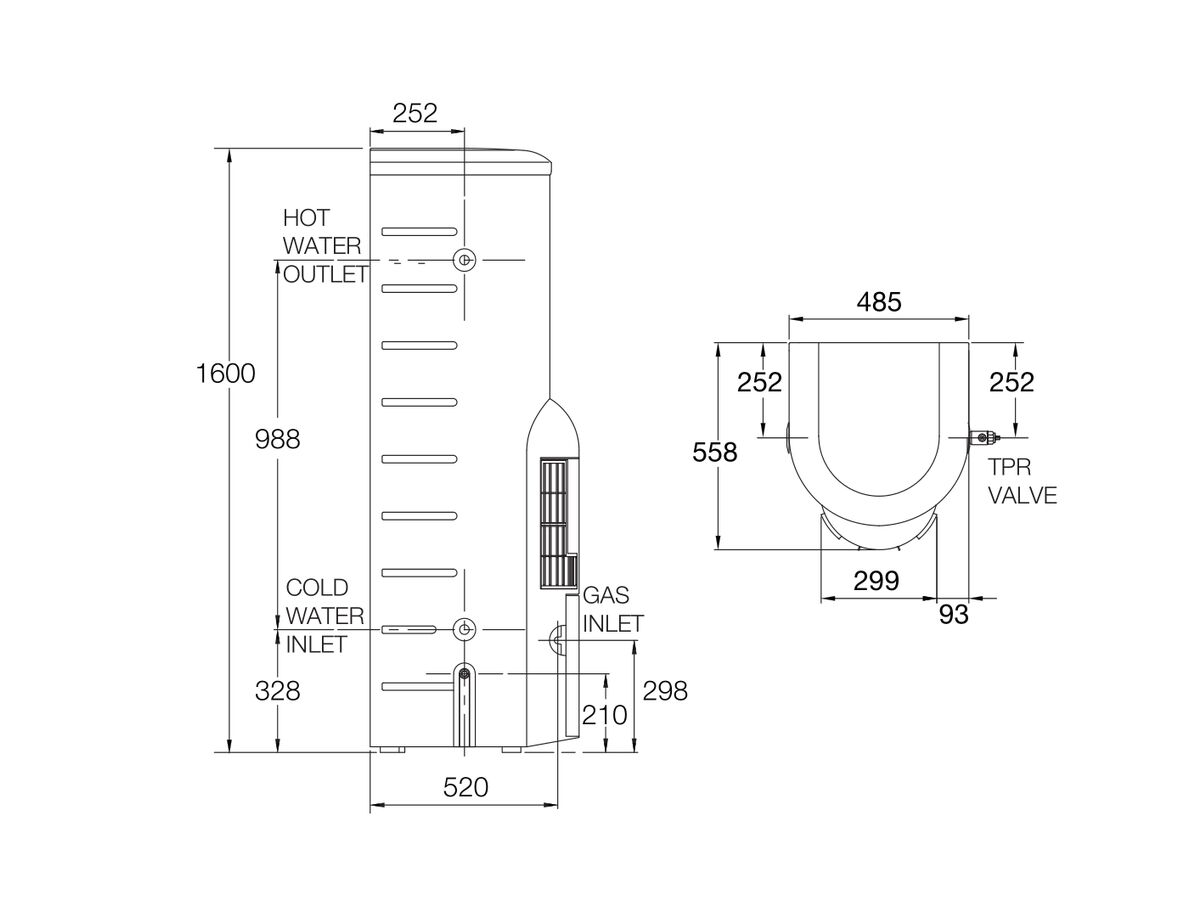



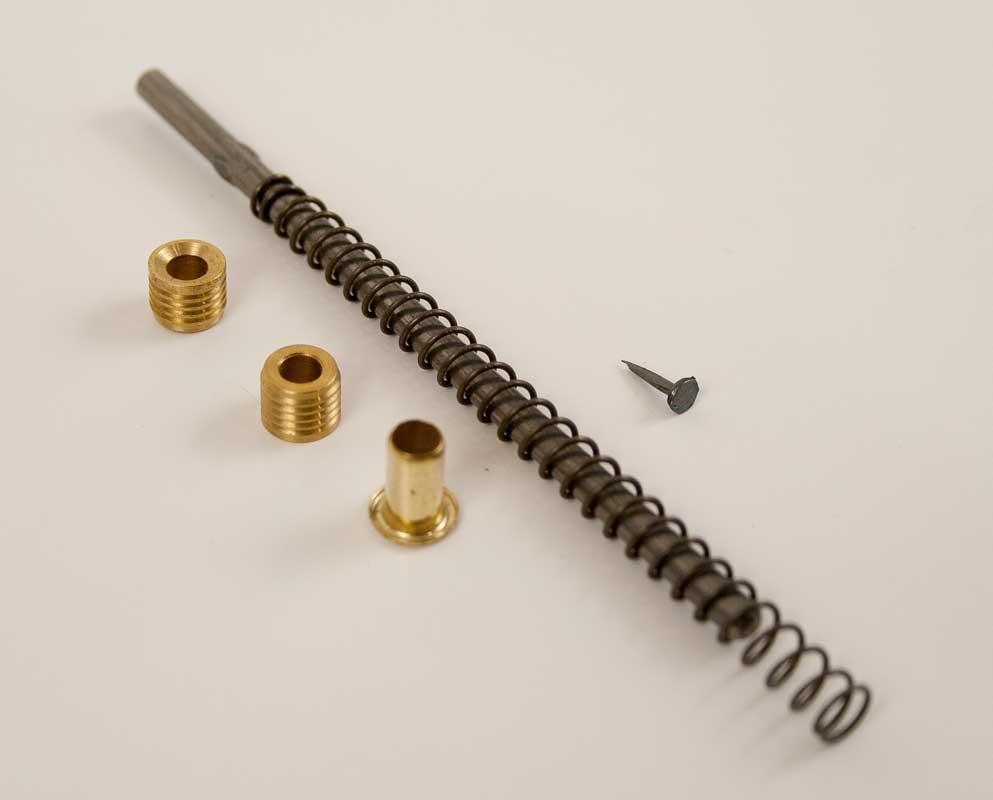



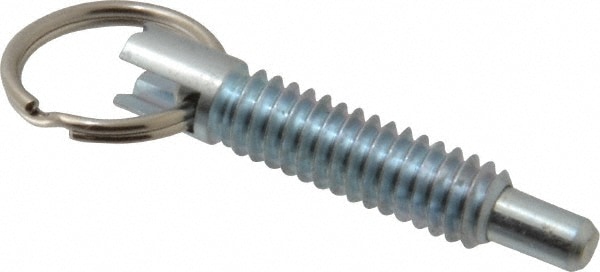

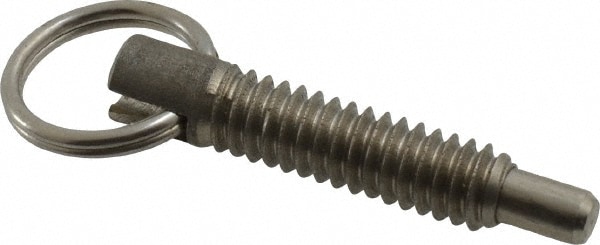

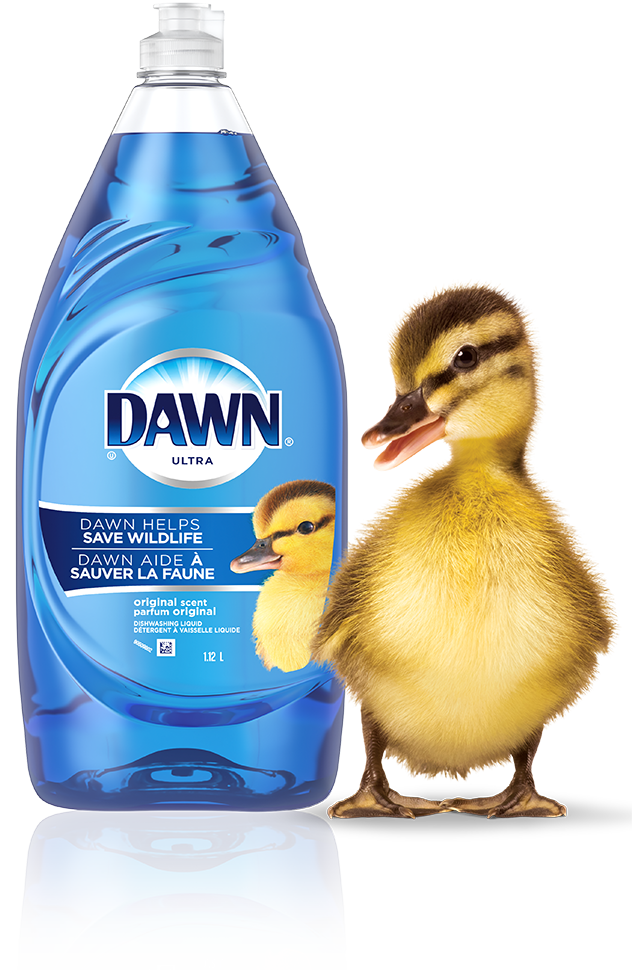

/GettyImages-80566571-5a1ca234aad52b00373338ff.jpg)
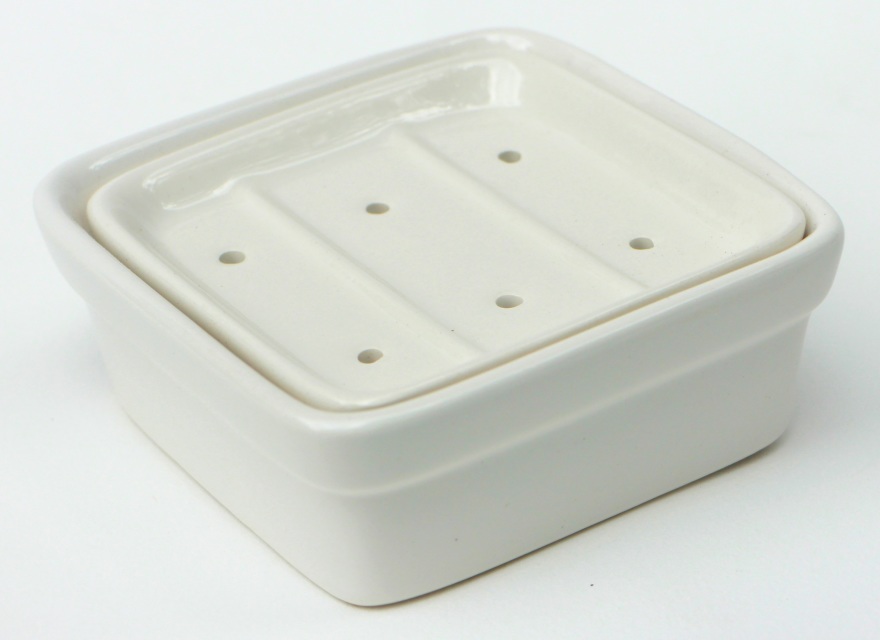

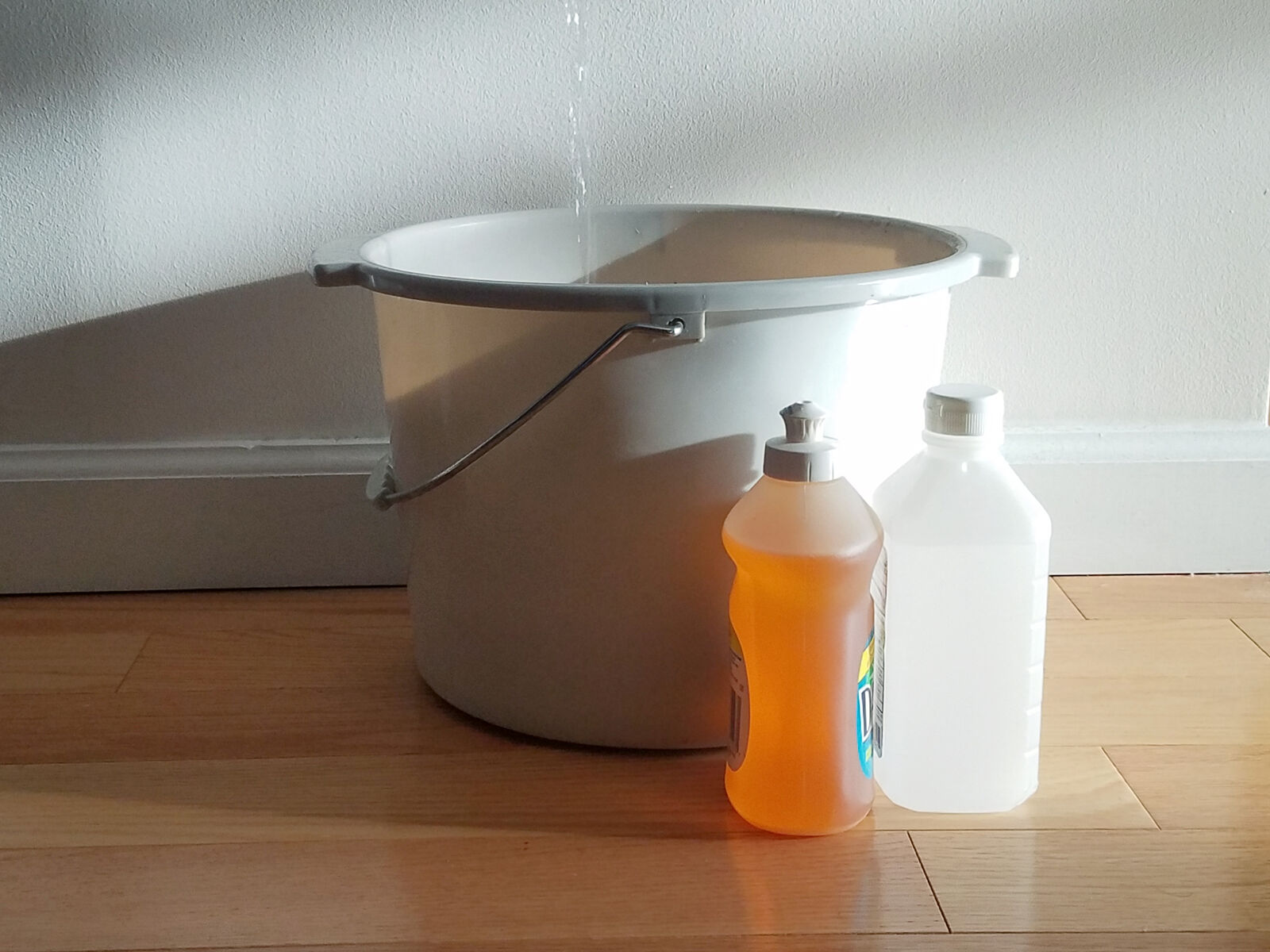
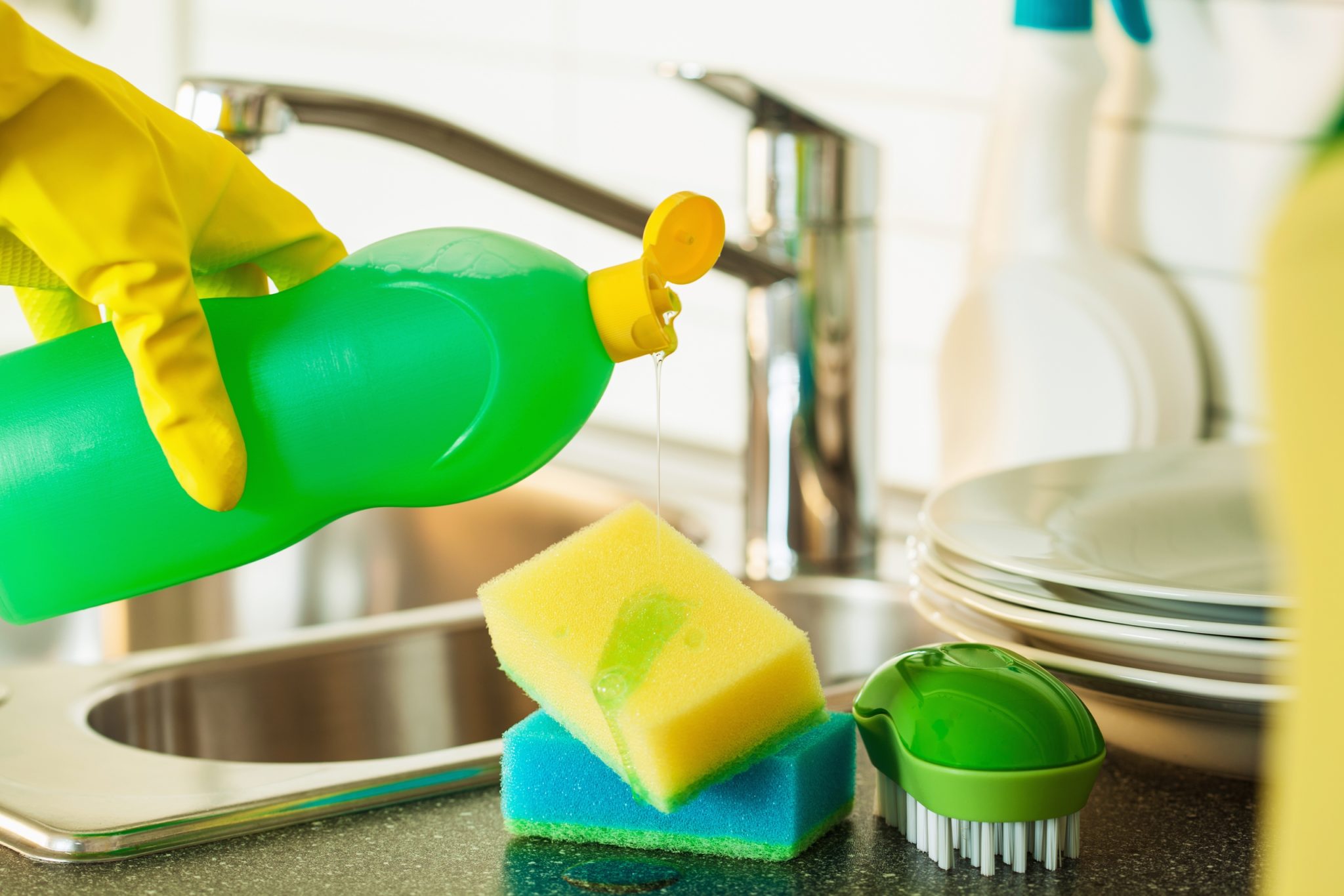
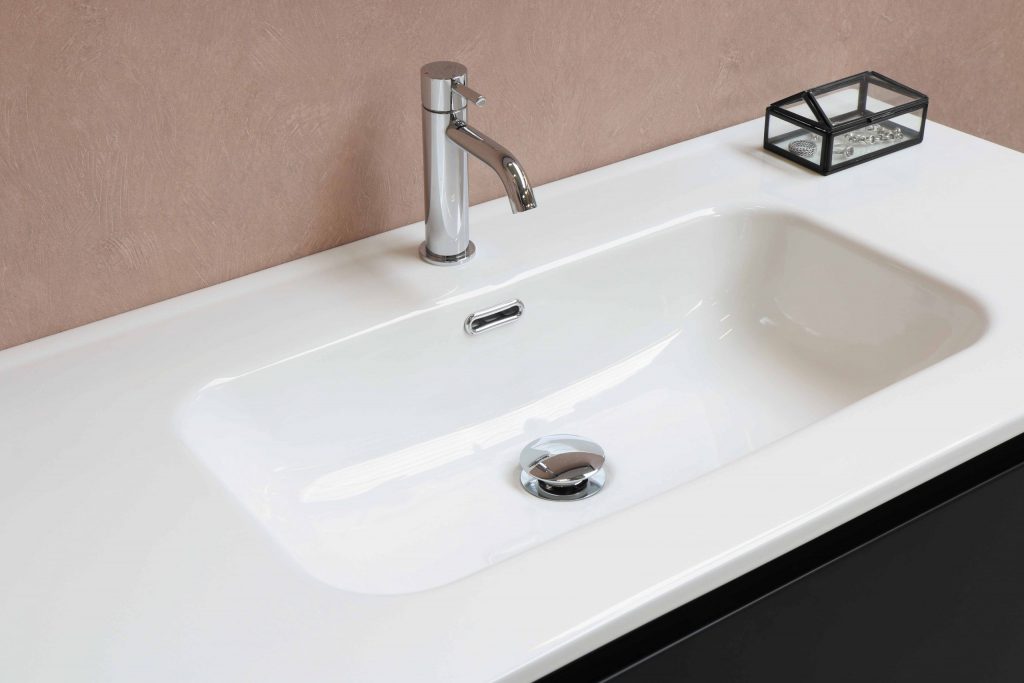
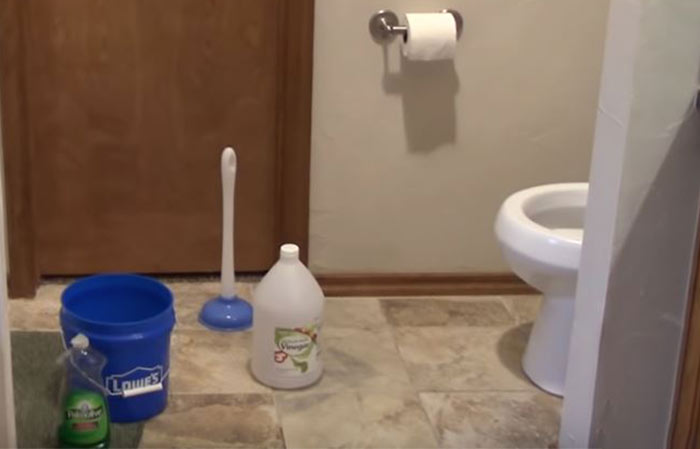



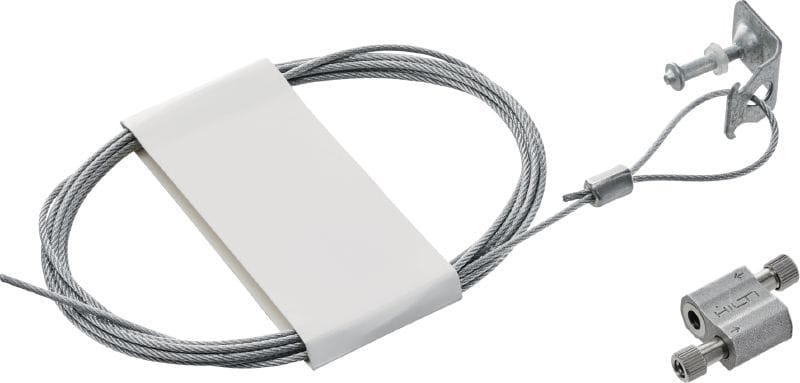
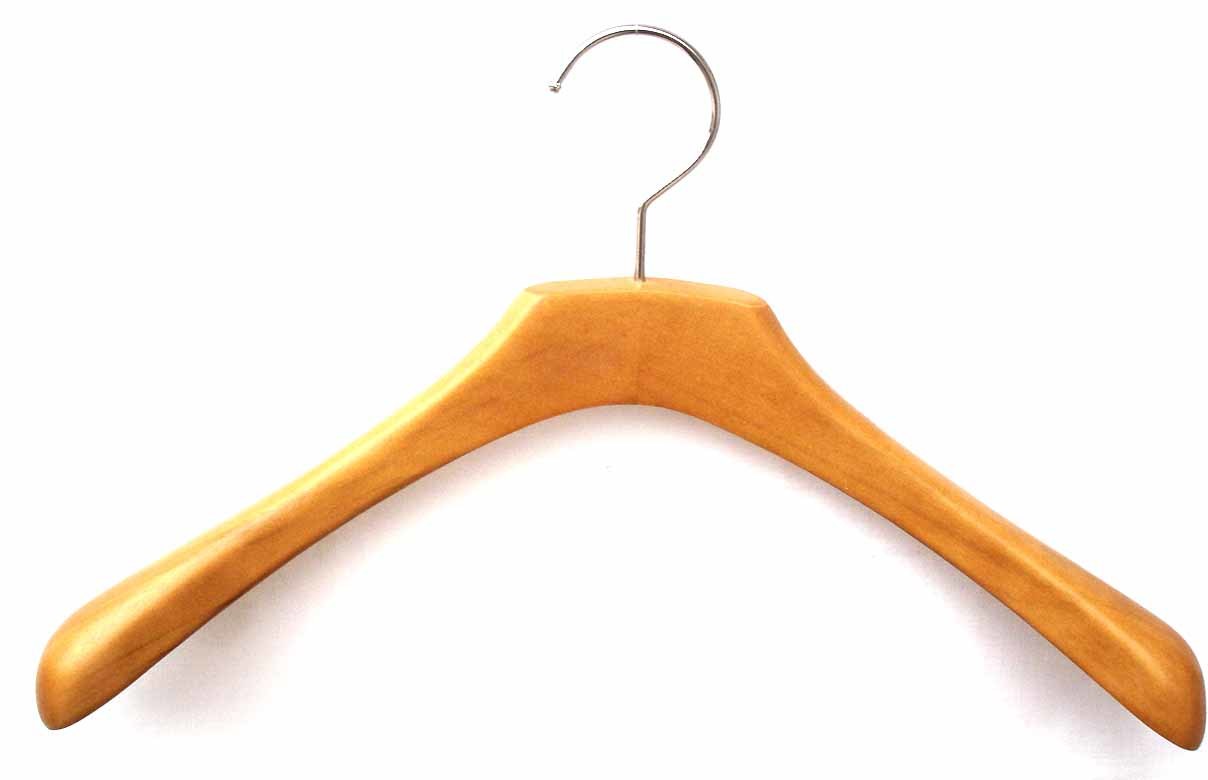
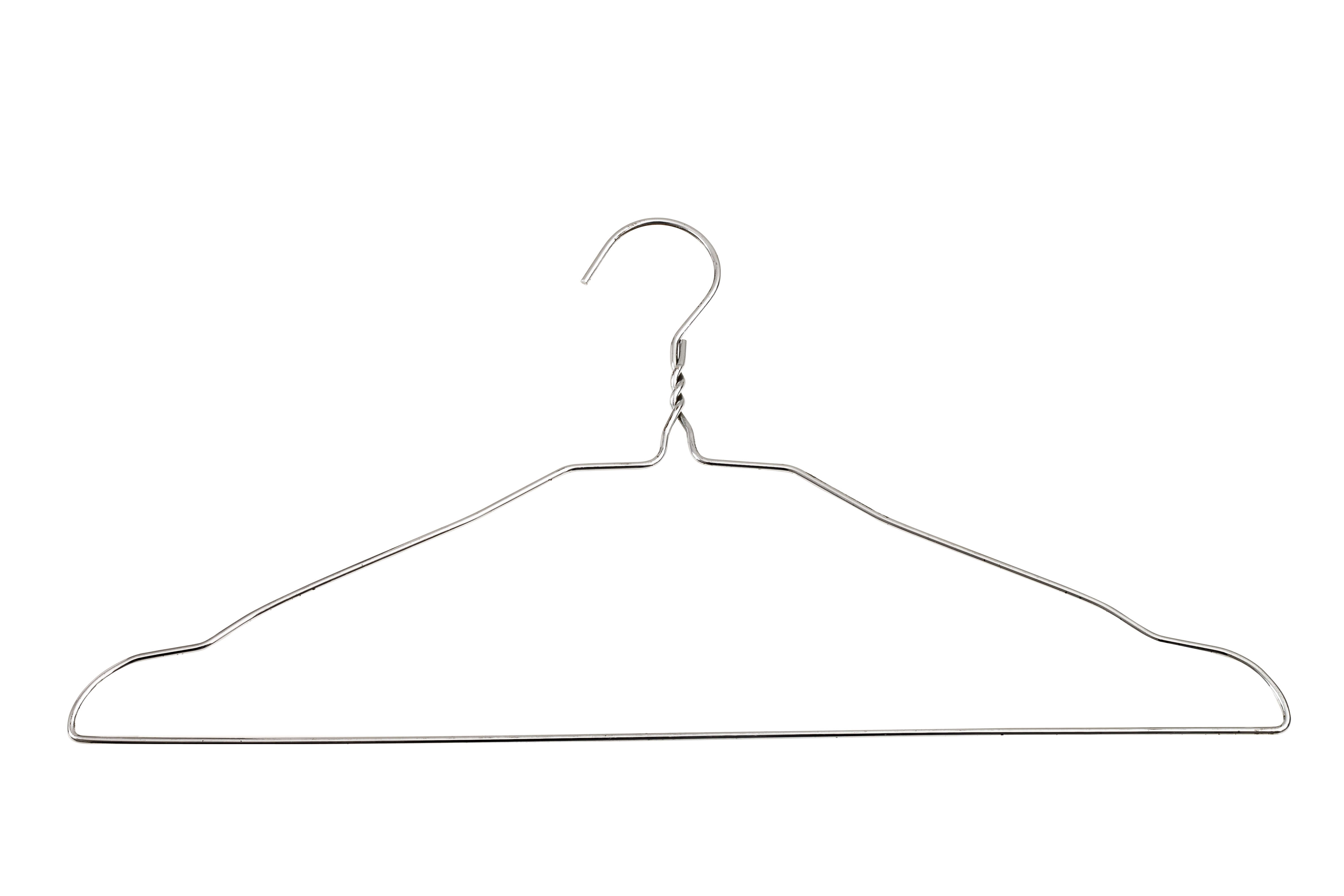
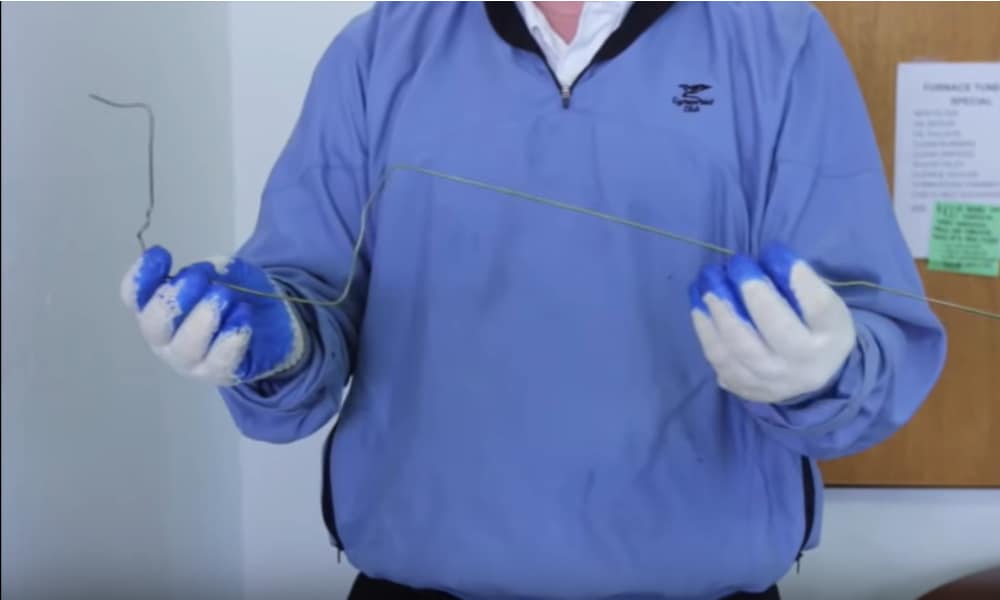










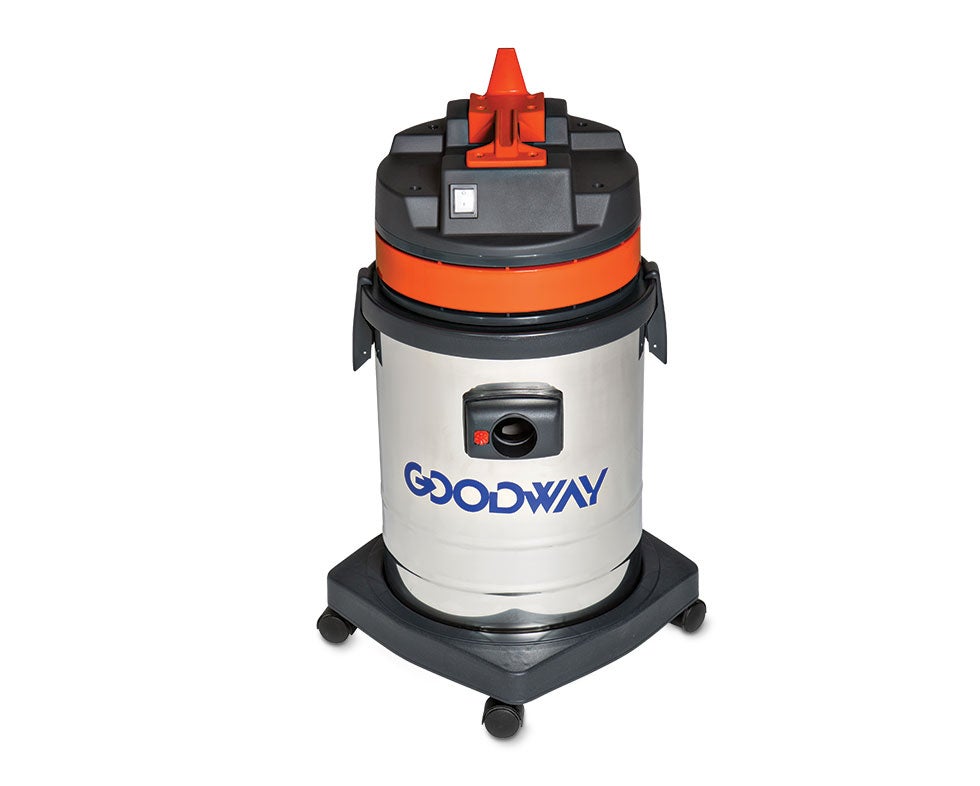
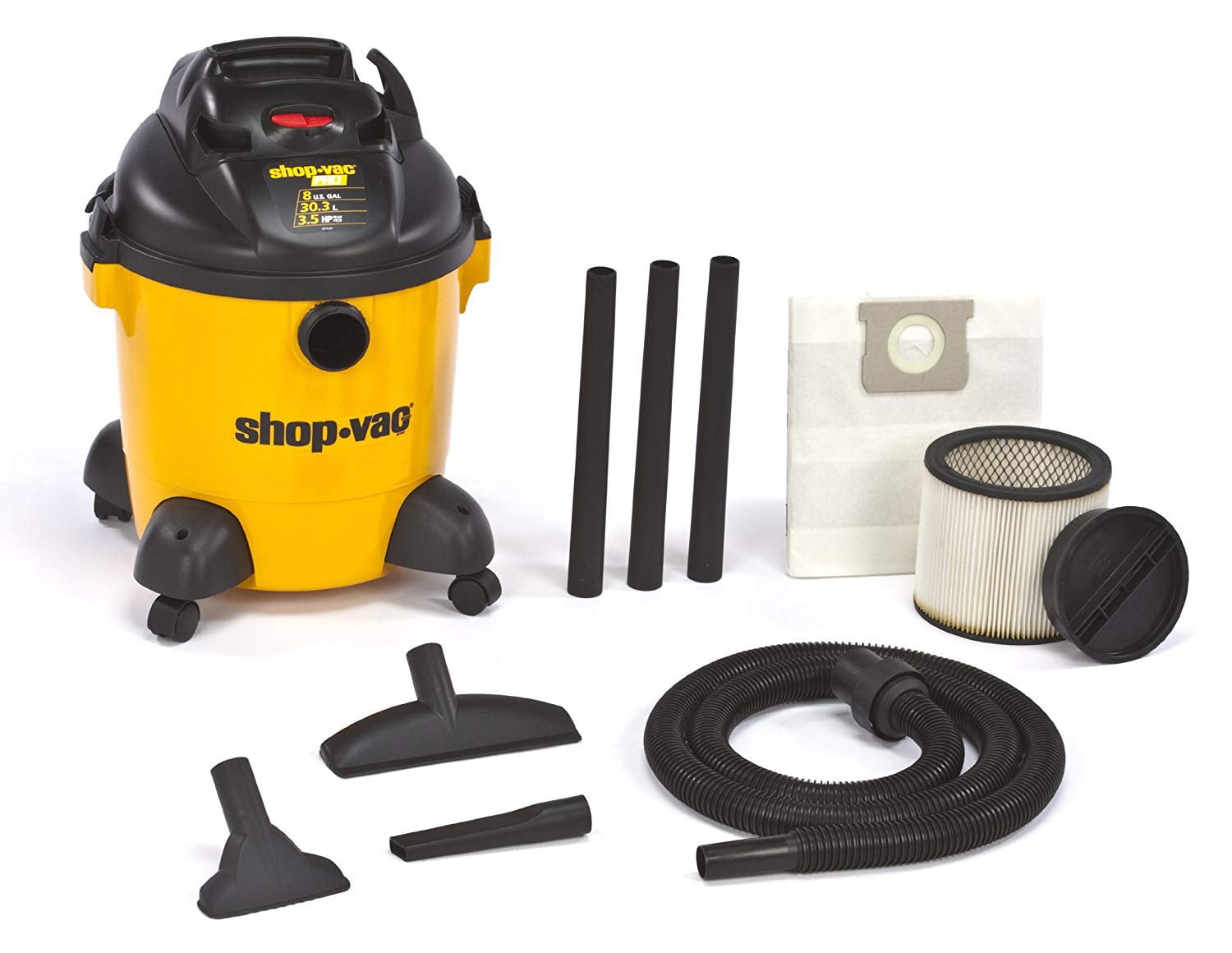
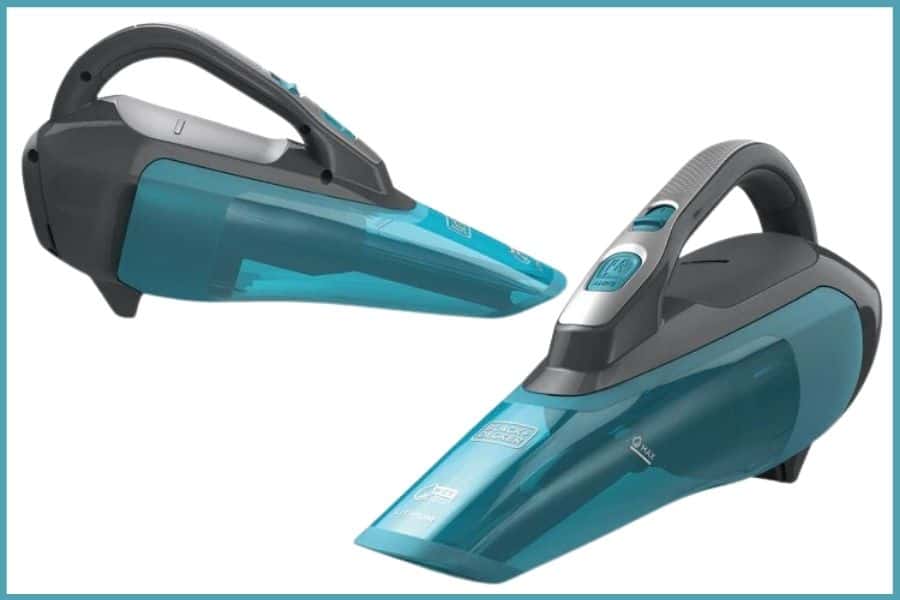









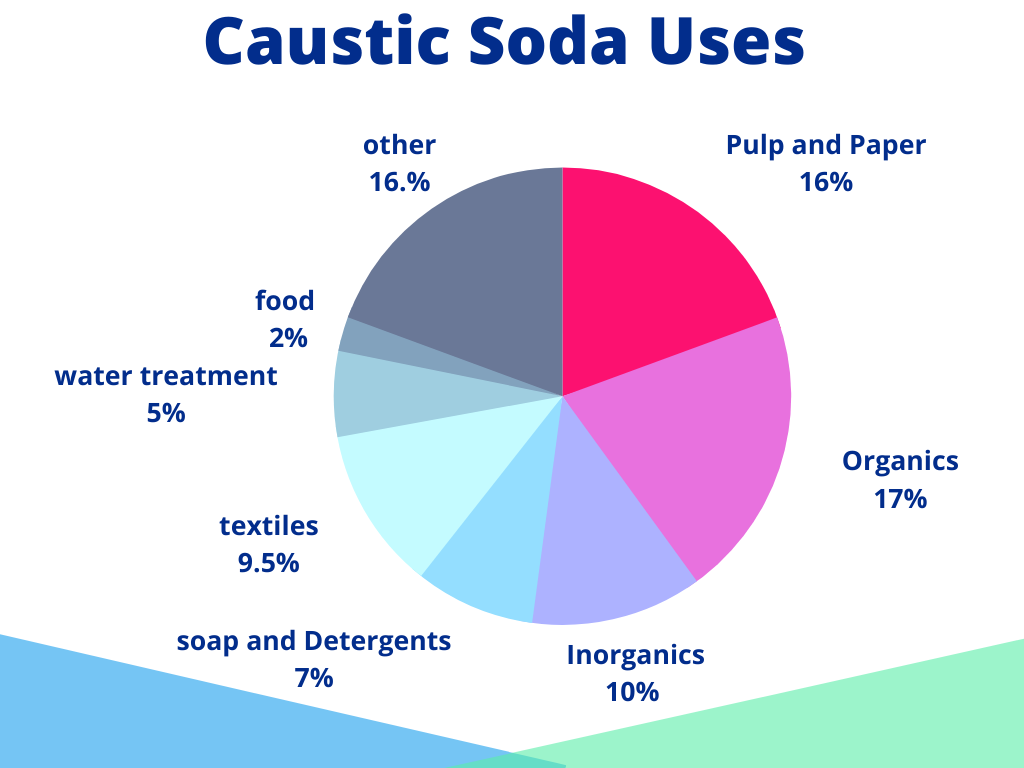

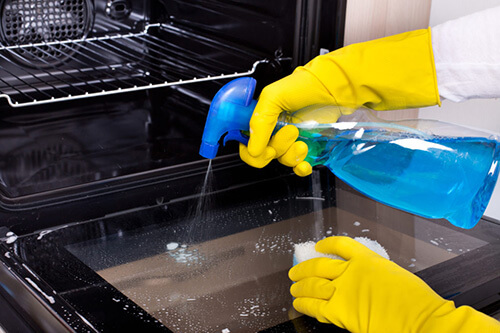



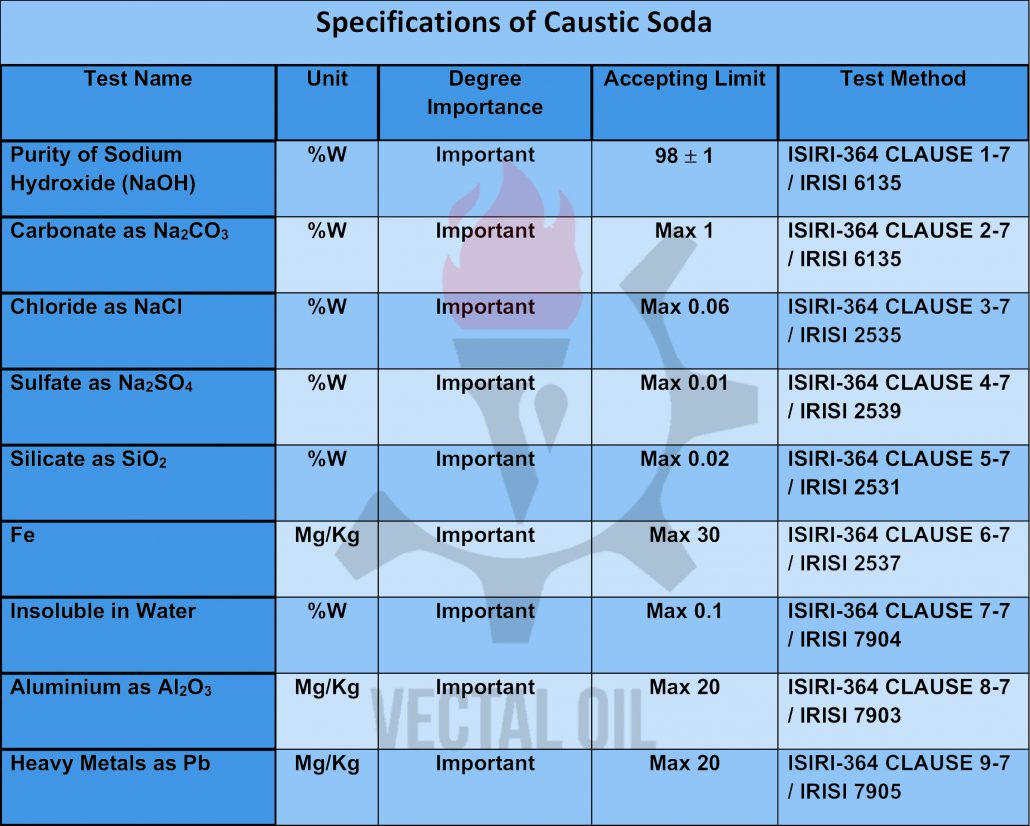

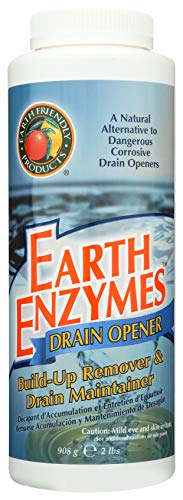

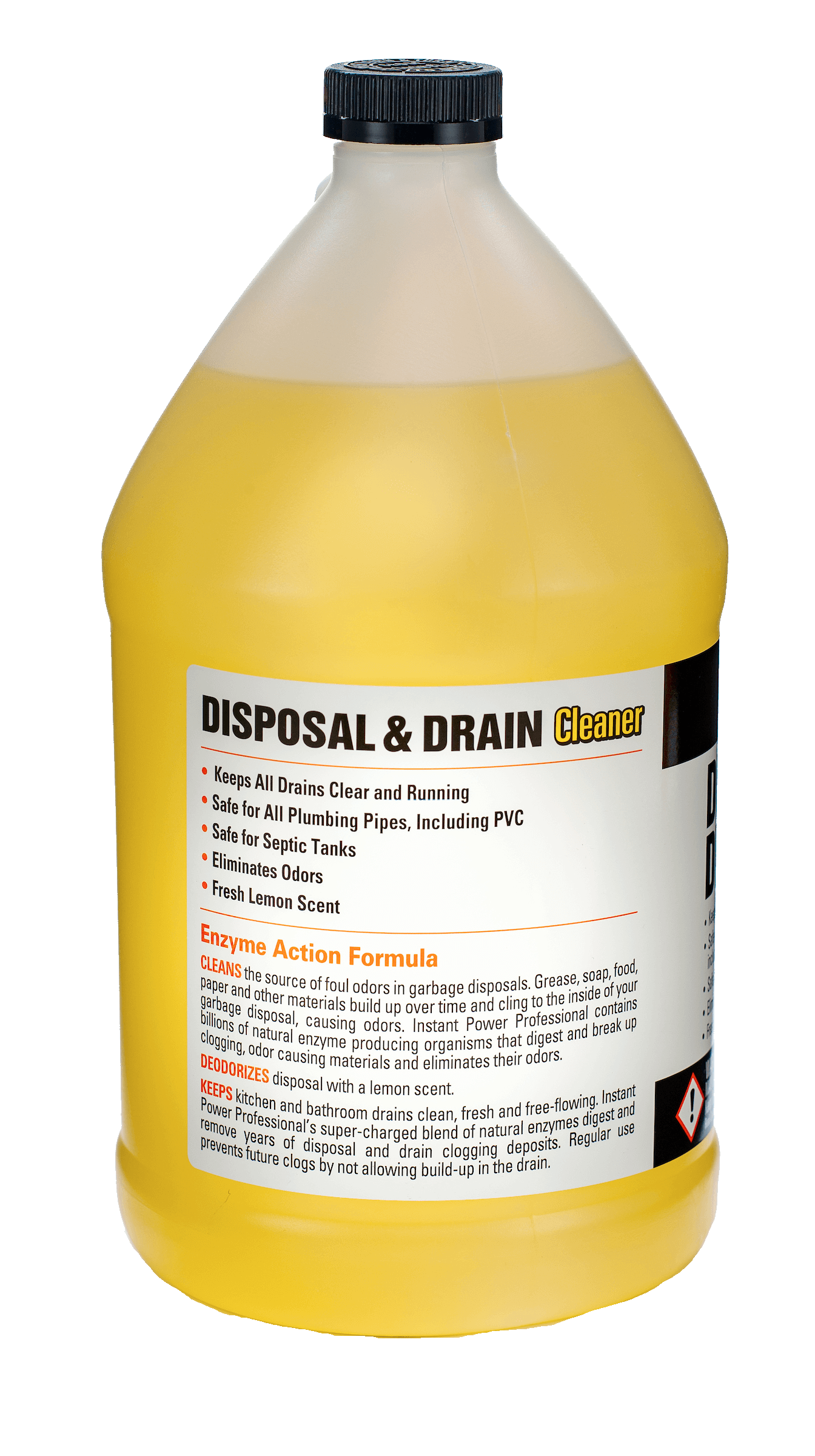


/GreenGobblerRefresh32oz-5bc63b0d4cedfd00266e4611.jpg)




